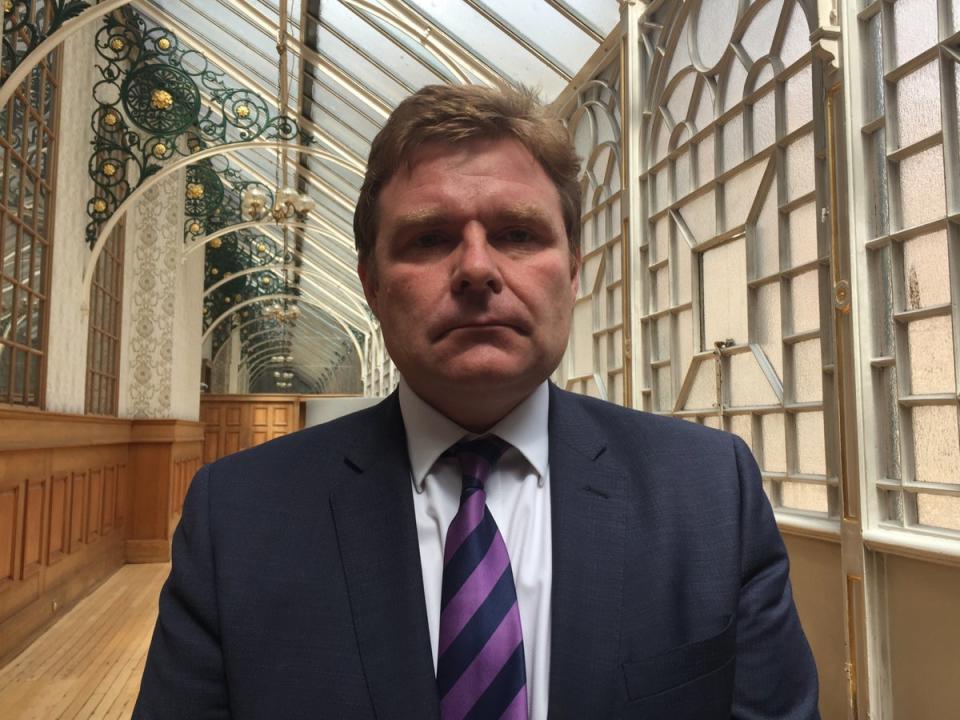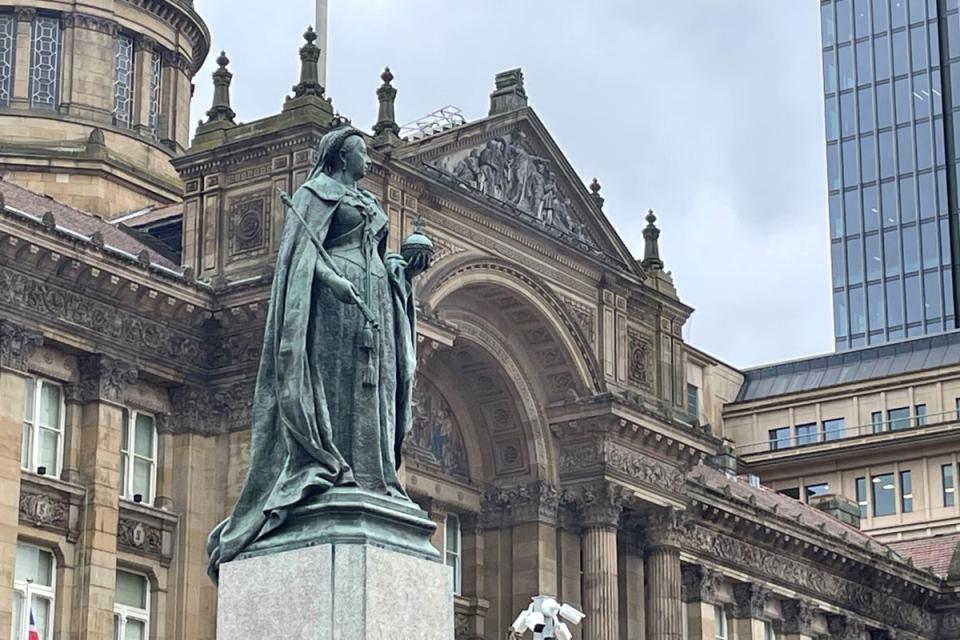Birmingham City Council signs off 21% tax hike and ‘devastating’ cuts
Birmingham City Council has signed off a deal to impose tax hikes of 21 per cent and devastating cuts to public services over the next two years.
Europe’s largest local authority was forced to declare effective bankruptcy last September, and is seeking to make an unprecedented £300m in savings – with the council warning of a “fundamental change” in how it delivers services.
While councils are typically prevented from raising tax by more than 5 per cent without holding a referendum, Birmingham has received special dispensation from communities secretary Michael Gove to hike rates by 10 per cent in each of the next two years, in light of the council’s exceptional financial difficulties.
The full council voted on the increase on Tuesday, which totalled around 21 per cent over two years – equivalent to a rise of around £280 on a typical Band A property, and £840 on a Band H home – in addition to the range of proposed spending cuts.
Speaking during the meeting of Birmingham City Council on Tuesday, Conservative group leader Robert Alden said: “Lord Mayor, this is an important budget, it’s a budget that shows just how badly Birmingham Labour have made a mess of the council’s finances and how they haven’t got a real plan to fix that mess.
“Instead all Birmingham Labour have to offer is a double whammy of higher taxes and fewer services.”

Accusing Birmingham’s council leader and its cabinet of living “in a fantasy land”, Mr Alden added: “Since Birmingham Labour took control of the council 12 years ago, every time people look at their council tax bill, it’s gone up – car park charges have gone up.
“And yet despite all these tax and fee rises, Labour has still effectively bankrupted the council.”
Cuts include dimming street lights, making bin collections fortnightly instead of weekly, and raising burial costs. Up to 600 council jobs are also expected to be axed, with cuts proposed in social care, the arts, highways maintenance and public spaces.
Councils’ spending power has plummeted since austerity was imposed in 2010, and Birmingham is merely one of eight local authorities forced in the past six years to issue a section 114 notice, which is in effect a declaration of bankruptcy. Prior to 2018, the last time a council had been forced to do so was in 2000.
Birmingham was left unable to balance its books after a botched rollout of updated IT systems, with the council also identifying a further £760m outstanding in equal pay claims following a landmark Supreme Court ruling in 2012 which saw the council forced to pay £1.1bn to workers who alleged women were being paid less.
But the council’s Labour leader John Cotton has also blamed a “national crisis in local government finance” caused by “a combination of austerity and underfunding”. Councils across the country also hard-pressed by inflation and rising demand for services “are facing some of the biggest budget challenges in living memory”, he warned.

Mr Gove has given four councils permission to raise taxes by 10 per cent in the next financial year, and Nottingham City Council on Monday approved hundreds of job losses and cuts to social and youth services in a bid to reduce its £53m deficit.
In comments last month as Birmingham’s budget proposals were published, Mr Cotton said: “I want to apologise unreservedly for both the significant spending reductions and this year’s substantial council tax increase.
“We have no alternative than to face these challenges head on. And we will do whatever is necessary to put the council back on a sound financial footing.”
The BBC reported that Labour councillor Liz Clements was brought to tears at Birmingham council’s cabinet meeting last week as a result of the plans to almost entirely cut the city’s arts funding.
“Arts aren’t a luxury. They are actually what makes life worth living in this city and they are a reason to keep going,” said Ms Clements. “So I, personally, I’m really devastated about that.”


